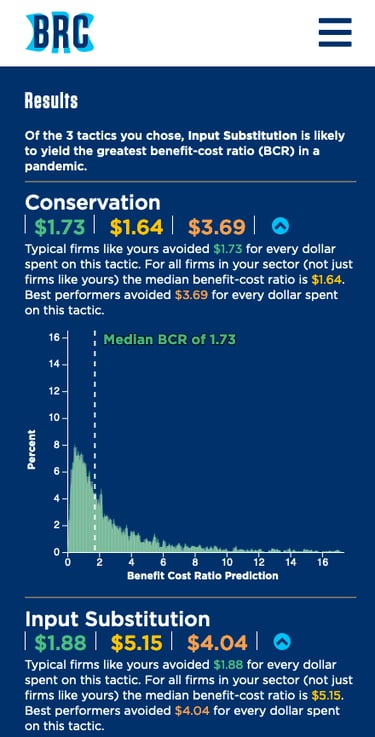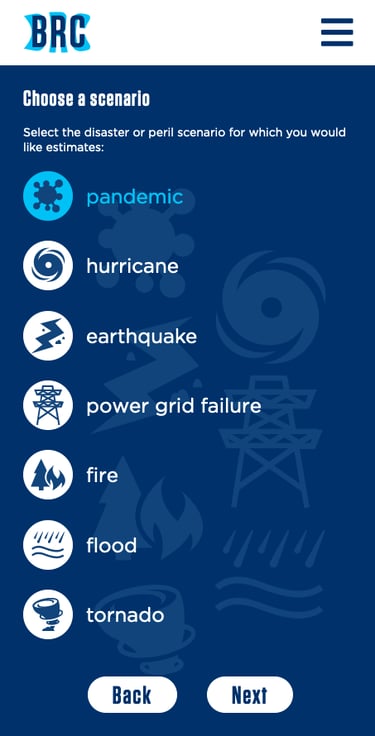
Current Research Projects


Who Pays for Electrification & Resilience?: An Evaluation of the Equity, Justice & Efficiency Impacts of Retail Electric Deregulation.
Through a suite of studies funded by the Alfred P. Sloan Foundation, we are evaluating how consumers interact with retail electricity markets in Ohio and Pennsylvania. Through the Energy Markets and Policy Group, our team is currently running several studies, including paid household interviews, electric bill collection and analysis, and a conjoint experiment, in each state.


Forecasting Risk in Supply and Demand Networks
Funded by the Defense Advanced Research Projects Agency (DARPA), and in collaboration with Raytheon-BBN, we are developing capabilities to quantify resilience in defense-critical supply chains, and to forecast and predict supply chain risks, vulnerabilities, threats and resilient responses. Learn more at DARPA.


Funded by the US Department of Energy (DOE), and in partnership with the Navajo Technical University (NTU) we are studying the resilience of Navajo businesses and households to electric power disruptions. Learn more here.
People-Centered Decision Support Tool for Enhancing Power Grid Resilience for the Navajo Nation.


A Novel Investigative Approach for Empirical and Theoretical Advances in Dynamic Economic Resilience
Funded by the US National Science Foundation (NSF), we are developing path-breaking contributions to the quantification of dynamic economic resilience. This includes observational data collection, dynamic resilience metric development, and econometric and data-analytic advancements to improve business and community economic resilience to disasters.
A non-exhaustive list of some current research projects that can be shared publicly:




Business Resilience Calculator (BRC)
Funded by the US Department of Homeland Security (DHS) and the Critical Infrastructure Resilience Institute (CIRI), in partnership with 2wav, we have developed new decision support capabilities to assist businesses in planning for and quantifying resilience to catastrophic events. The technology has received a provisional patent and is going through technology commercialization processes.
Learn more at www.resiliencecalculator.com
